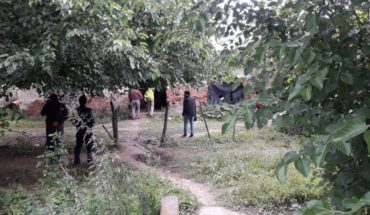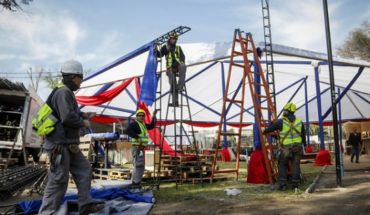
At the school level, statistics show that in Chile in mathematics only 40% are passed and in language only 50% of the annual subject. Here a knowledge gap is generated that affects everything from the acquisition of basic skills. Because education is like a tree of knowledge: if a branch dries up, everything that goes up is going to be dry too.
This gap in which educational quality is played accumulates exponentially, and is expressed in assessments such as SIMCE and PSU. If one took the latter to a scale of 1 to 7, the median would be at 2.5, below 450 points. On the other hand, first-year students at the Technical Training Centers know on average less than 20% of what they should know in mathematics to face their careers.
Normally the way higher education works to close that gap is ine <3>-effective. Each student has different gaps, but the leveling and review efforts of the subject always point to the average. In addition, the remedials that are generated so that students have lower drop-out rates and delayed careers do not work, because they follow the same mode of “passing subject” with which students no longer learned at school.
Lack of basic skills puts at risk the quality of the professional who is graduating and their future of work, to the point where, according to the World Bank, those who lack them will receive half the income in their working life than those who do. In addition, its social integration is violated, since the lack of basic competences is by nature someone who self-marginates to participate in the company and in the communities, and becomes an out-of-system stepped wolf.
It is essential to prepare people for the economy that is emerging post-pandemic, in a digital world and with accelerating conversion processes. However, training efforts are geared towards specific trades or people learning English or making a website. They should, on the other hand, be put first in a less glamorous reality: according to a 2013 study conducted by the OTIC of the Chilean Chamber of Construction, more than 80% of Chile’s adult population is unable to compare and integrate information, nor to perform inferences or mathematical calculations from it.
Normally training a person from childhood to adulthood is a 15- or 20-year-term investment. But if a functional illiterate adult manages to regain their basic competencies in a short period of time, he or she can take advantage of them immediately. Therefore, there is no program of greater social profitability in Training than to diagnose and level the basic competencies of an adult to leave him in a position to learn.
The content poured into this opinion column is the sole responsibility of its author, and does not necessarily reflect the editorial line or position of El Mostrador.





